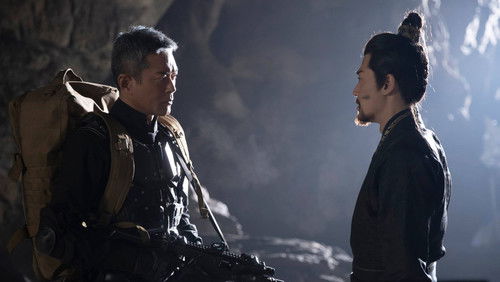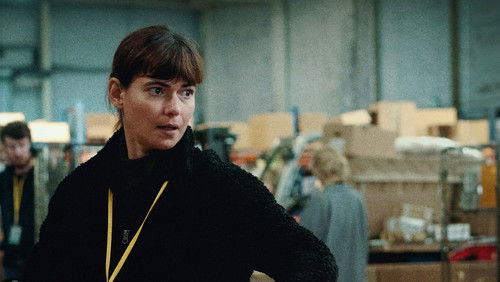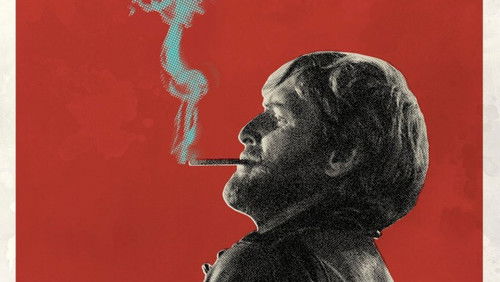Monica (2011)
29KMonica (2011). 2h 4m | Not Rated
“Shivani Bhatnagar, an ambitious journalist working with the highly prestigious Indian Express newspaper, got murdered on 23.01.1999 in her flat in East Delhi. Her murder case became a high profile one and made headlines for a long time. A study of the victimu0026#39;s life journey, who was married and mother to an infant, reveals that it was nothing short of a heady cocktail of power, politics, press and passion and having a corporate involvement as well. However finally, itu0026#39;s a tale of a power game which proved fatal for her. Her ambitions finally realized their price, in the form of her life. Power can be derived from a political position, a police uniform, corporate entity, media, money, beauty, passionate love and the like wise. A feeling of being powerful may render a kick to a human-being but for a person, especially a woman, this game proves to be lethal only in the end because itu0026#39;s like a spideru0026#39;s web which is difficult to break free from. Things like betrayal and blackmailing are, more often than not, parts of this game. Powerful people may be beneficial to a beautiful woman in the short run (for the sake of their own axes to grind) but maintaining relationships with them and getting entangled in their affairs can be compared to playing with fire. And fire always burns. Everything ! Everybody ! Just like it burnt Shivani. IPS officer R. K. Sharma who was once posted in the office of the prime minister of India was the prime accused for her murder and said to have arranged it by hiring contract killers. However the name of a political heavyweight (Late) Pramod Mahajan was also dragged into this case (by the wife of the prime accused). Ironically, Mahajan also got killed in the hands of his own brother in 2006.u003cbr/u003eu003cbr/u003eTwelve years after the tragic death of Shivani, director Sushen Bhatnagar made a Hindi movie loosely based on her life (and the rumours associated therewith), her murder and the murder trial. This movie is Monica (2011). Its protagonist Monica Jaitley (Divya Dutta) is a married woman but ambitious for power and position. She becomes a journalist and starts climbing the ladder of success and (perceived) power by making moral compromises. Her husband (Rajit Kapoor) is a drunkard and that also instigates to have relationship with an emerging politician Chandrakant Pandit (Ashutosh Rana). A corporate top brass Pamela Grewal (Kitu Gidwani) and a newspaper editor Aseem Ray (Tinnu Anand) also try to use her to further their own respective interests. Finally the inevitable happens when Monica captures some scandalous documents and tries to first blackmail and threaten Chandrakant who is about to be throned as the chief minister of the state (UP). She runs a lot for her life but canu0026#39;t escape. Her complicated life story gets unraveled in the murder trial that ensues.u003cbr/u003eu003cbr/u003eThe story of Monicau0026#39;s life comes before the audience through flashbacks taking place in-between the courtroom drama when the public prosecutor (Yashpal Sharma) narrates the relevant events to the judge (Kunika). Itu0026#39;s a good way to present the plot instead of flat narration. Since the narrative is clearly inspired by the murder of Shivani Bhatnagar and her life events preceding the same, it appears to be realistic. Itu0026#39;s a vivid portrayal of the politics of North India (UP and Delhi), the vicious nexus between big media houses and politicians on one hand and big corporates and politicians (with media houses also) on the other. Itu0026#39;s more stark a reality of India today than it was when Shivani Bhatnagar had been murdered (in 1999). The director has not allowed the movie to go on theatrical lines and kept it as close to reality as possible. There was no need to show Monicau0026#39;s husband (himself a journalist) as a drunkard. Perhaps the director did it to prevent Monica from appearing as a bad woman. However with her ambitions being crystal clear, she was going to tread the wrong path even when her husband had not been a drunkard. The director has also shown with conviction that power-brokers can be more dangerous than the powerful ones. The narrative moves speedily and keep the viewer invested in itself. More or less, the director who has written the script also has succeeded in making an entertaining movie though he has not been able to make the audience root for the protagonist.u003cbr/u003eu003cbr/u003eMusic and the technical aspects are just okay. Dialogues are impressive. The movie has been edited well and it is not too long. The courtroom drama is the lengthiest and the most impressive part of the movie in which the writer-director has explained (from the mouth of the learned and sensitive public prosecutor) the politician-corporate-media nexus through the Set Theory of Mathematics with the protagonist becoming the intersection of these three sets. A lone ambitious person (especially a woman) can survive only until these sets make a criss-cross pattern because the intersection vanishes the moment these sets either totally separate or completely amalgamate (thus becoming a single entity).u003cbr/u003eu003cbr/u003ePerformances are praiseworthy. Divya Dutta has excelled in the title role and I consider her as one of the most underrated actresses of the Indian screen. Ashutosh Rana is a highly competent actor who can do the role of a politician even in a sleepwalking condition because such roles are tailor-made for him. All the supporting characters have done well. Kunika and Yashpal Sharma are better known for their negative roles but in this movie they have showcased their talent to do positive roles also as the judge and the public prosecutor respectively.u003cbr/u003eu003cbr/u003eIs everything fair for success and survival ? For success, may be (people like me who do not believe in it are a rare species) and for survival, definitely yes. But why allow the things to go to such an extent ? There should be a check on ambitions too. The powerful ones are seldom sentimental towards anything or anybody with the sole exception of their power which they are willing to cling to throughout their life. Hence they are cold-blooded enough to eliminate anybody without any hitch whom they perceive as a threat to their power, prestige or existence. The ambitious women hobnobbing with such people forget (in their bid to touch the sky) that sooner or later they will be nothing more than mere pawns in the hands of these skilled chess players. And the destiny of a pawn is sacrifice only. The real Shivani and the fictional Monica had to meet that fate before realizing it too late that the corridors of power are temptingly pleasant when seen from a distance but dangerous things invisibly exist within them.u003cbr/u003eu003cbr/u003eIncluding death.u003cbr/u003eu003cbr/u003e© Copyrights reserved.”









